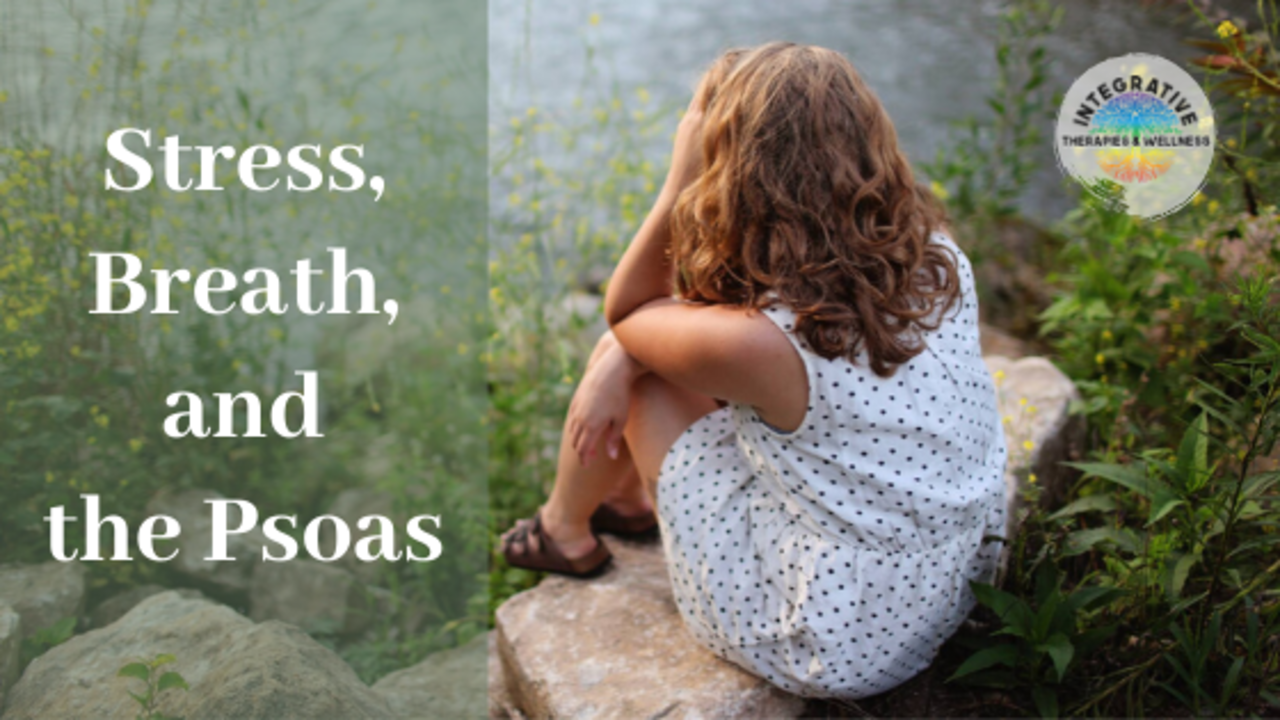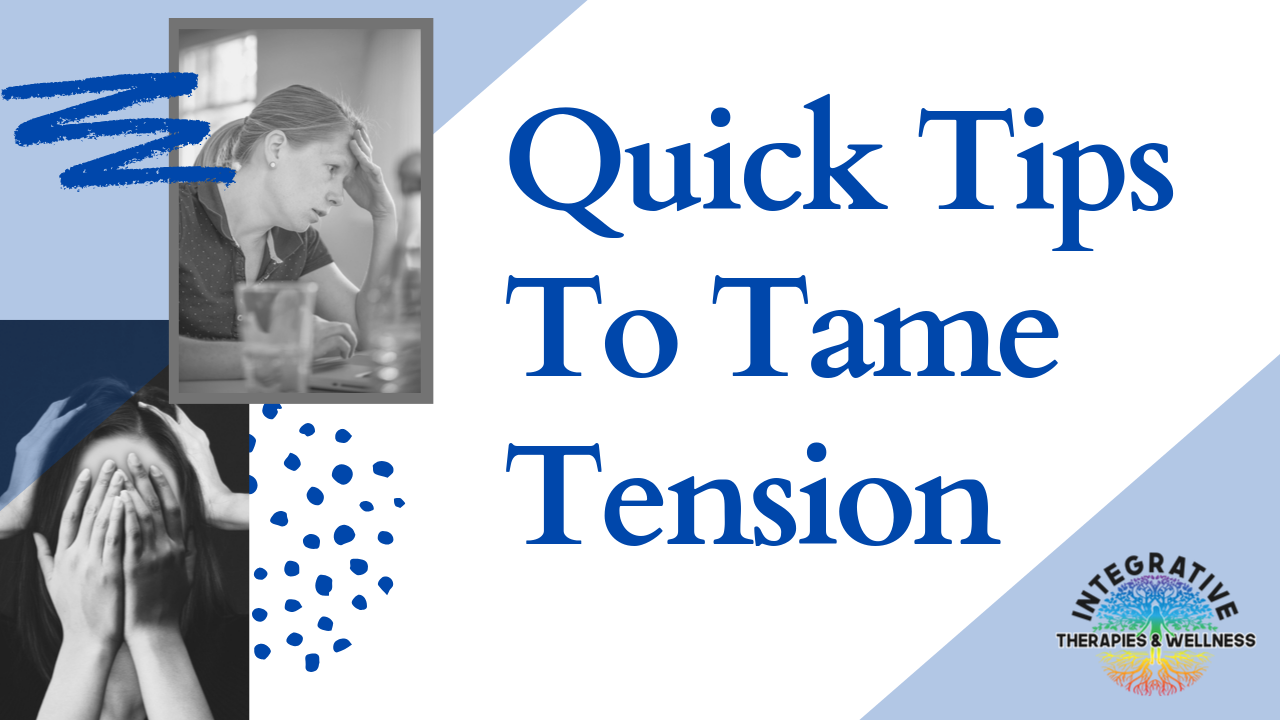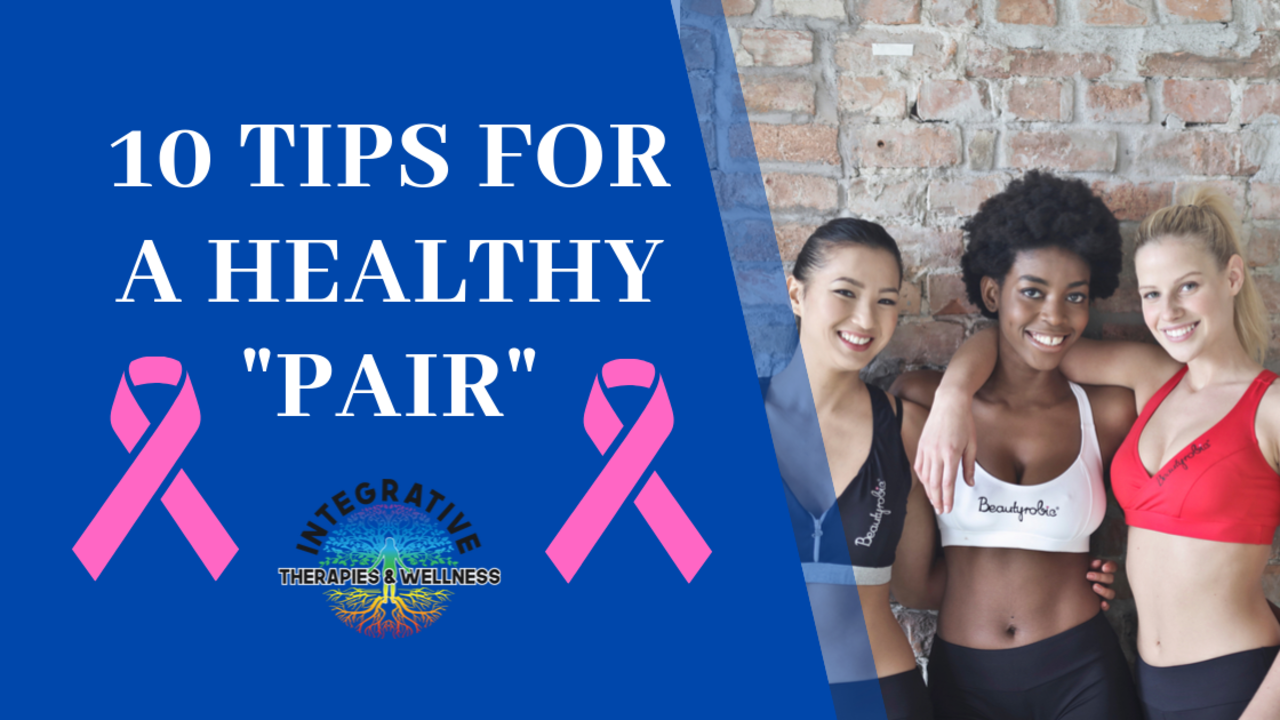Blog
Natural Stress Reduction: Simple and Effective Techniques

Natural Stress Reduction: Simple and Effective Techniques
Stress is a natural part of life, but chronic stress can take a toll on our physical and mental well-being. Fortunately, there are natural ways to manage stress effectively without relying on medication. Here are some simple, evidenced-based techniques to help you find calm and balance in your daily life.
- Practice Deep Breathing
One of the easiest and most effective ways to reduce stress is through deep breathing exercises. Techniques such as diaphragmatic breathing and box breathing can help calm the nervous system and lower stress hormones.
- Engage in Regular Physical Activity
Exercise is a powerful stress reliever. Activities like walking, yoga, and swimming release endorphins, which help improve mood and reduce anxiety. Even a short daily walk in nature can have profound effects on stress levels.
- Prioritize Sleep
Lack of sleep can exacerbate stress and make it more difficult to cope with daily challenges...
Stress, Breath, and the Psoas

Do you have back or neck pain/tension, SI pain, sciatica, or anxiety? Most people experience stress in some way, shape, or form. Life, in general, can be stressful. Do you have a daily practice focusing on stretching, breath or breathing? If not you’ll want to continue reading!
Our bodies were created with a survival instinct. When we perceive danger with one of our 5 senses our sympathetic nervous system is activated and it responds with a physiological reaction called “fight or flight” (stress response). Our brains initiate an electrochemical response which may include an increased heart rate, constricted muscles, short/rapid breaths, chest tightness, dilated pupils, sweating, trembling, and difficulty focusing.
This comes in handy when we need to run from danger or fight for our life. But we also know that our bodies may respond as if we are in danger when, in reality, we are not. Have you ever woken from a dream in this state? Dreams are proof that mere thoughts can create t...
Quick Tips To Tame Tension

Have you been feeling a little tense lately?
Here are some quick tips to tame your tension. Try them out and let me know which one helps you best.
Practice slow-paced breathing.
- Consciously changing the way you breathe appears to send a signal to the brain to adjust the parasympathetic branch of the nervous system, which can slow heart rate and digestion and promote feelings of calm.
Watch your favorite comedy or sitcom.
- Enjoying a good laugh activates and relieves your stress response, and it can increase and then decrease your heart rate and blood pressure. Resulting in a good, relaxed feeling.
Adopt an uplifting mantra and repeat it when you're happy.
- That will train your mind to associate the phrase with being content. Then, when you're on edge, chant your mantra and you'll immediately feel more at ease.
Spending even a few minutes in meditation can restore your calm and inner peace.
- Anyone can practice meditation anywhere. It's simple and inexpensive, and it ...
10 Tips For A Healthy "Pair"

Let’s focus on prevention and awareness to support our “girls”!
Breast cancer is one of the most common kinds of cancer in women. The good news is that most women can survive breast cancer if it’s found and treated early.
#1 Exercise!
Studies consistently show that increased physical activity is linked to lowering breast cancer risk. It’s thought that physical activity regulates hormones including estrogen and insulin, which can fuel breast cancer growth. Fat cells produce estrogen, and high levels of estrogen have been linked to certain cancers. Working out can shrink the size of fat cells, so your body pumps out less estrogen. Regular exercise also helps women stay at a healthy weight, which also helps regulate hormones and helps keep the immune system healthier. Even older women need to be concerned about estrogen, because of it being produced by fat cells post-menopause.
There is no magic number of hours a woman should exercise to prevent or lower the risk of breast cancer. H...
The Power Of Sleep

Good sleep is just as important as diet and exercise. When you sleep, your body and mind regenerate from the stress of the day. And the need for sleep never goes away – especially if you’re pushing yourself creatively, professionally, or athletically. It is recommended, adults get an average of 7-8 hours of sleep per night.
Read on to learn some of the side effects of not getting enough sleep, benefits of good sleep, and tips to experience better sleep.
Side Effects of Sleep Deprivation:
- Long term mood disorders
- Sickness
- Diabetes
- Infertility
- Weight gain
- Low libido
- Heart disease
Benefits of Good Sleep:
- Increases concentration and productivity
- Boots immune function
- Maximizes athletic performance
- Improves memory
- Reduces inflammation
- Reduces stress
- Increases energy and alertness
- Healthy weight management
- Muscle, tissue and skin repair
- Heart rate decreases and digestive system rests
Tips for Better Sleep:
- Create a bedtime routine
- Avoid caffeine later ...


